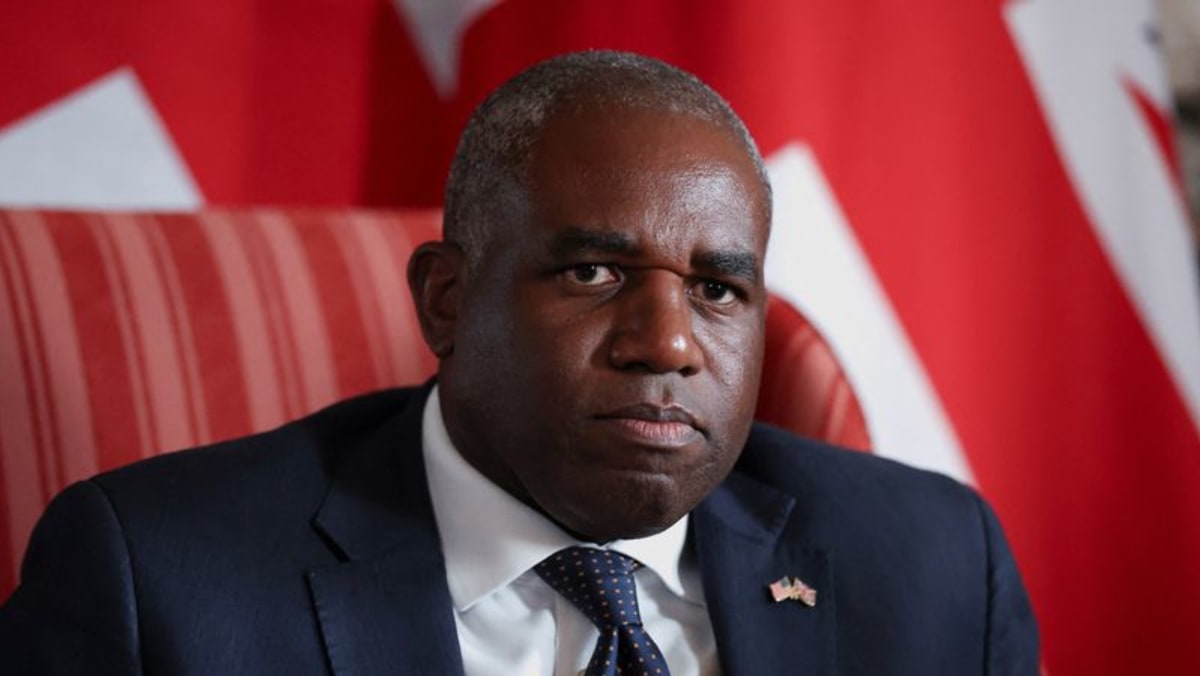LONDON: British foreign minister David Lammy said on Wednesday (Aug 20) that a widely condemned Israeli settlement plan would, if implemented, constitute a breach of international law and risk dividing a future Palestinian state.
Israel says it is preparing to undertake a major settlement project to build 3,400 homes on an ultra-sensitive part of the West Bank. The E1 project, which would bisect the occupied West Bank and cut it off from East Jerusalem, received the final go-ahead from a defence ministry planning commission on Wednesday.
“If implemented, it would divide a Palestinian state in two, mark a flagrant breach of international law and critically undermine the two-state solution,” Lammy said in a post on X, calling on the Israeli government to reverse the decision.
THREE MILLION PALESTINIANS LIVE IN THE WEST BANK
Situated between Israel and Jordan, the West Bank covers 5,655 square kilometres. Not counting Israeli-annexed east Jerusalem, nearly three million Palestinians live there, along with around 500,000 Israelis residing in settlements that are considered illegal under international law.
The anti-settlement NGO Peace Now counted 147 settlements registered by the Israeli authorities in the West Bank as of the end of 2024.
There are another 224 outposts that were set up without official authorisation. These outposts are regularly evacuated and dismantled by the Israeli security services, though they are also often legalised retroactively.
NEW ISRAELI PLANS WOULD BREACH OSLO ACCORDS
Under the Oslo Accords, signed in the 1990s by the Israelis and Palestinians, the West Bank is divided into three areas.
Area A is run by the Palestinian Authority, B is under mixed Israeli and Palestinian jurisdiction, and C – comprising 60 per cent of the territory – is totally under Israeli control.
The Israeli settlements and the Jordan Valley – a swath of farmland accounting for nearly 30 per cent of the West Bank, and home to some 10,000 settlers – are mostly in area C.
They were at the centre of an annexation project that was officially put off in 2020 by Israel under international pressure, though far-right members of the current government have revived calls to extend Israeli sovereignty to the West Bank.
